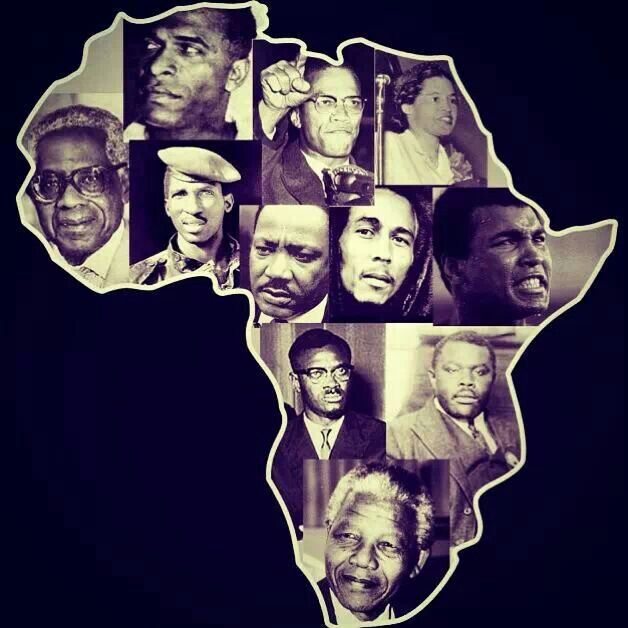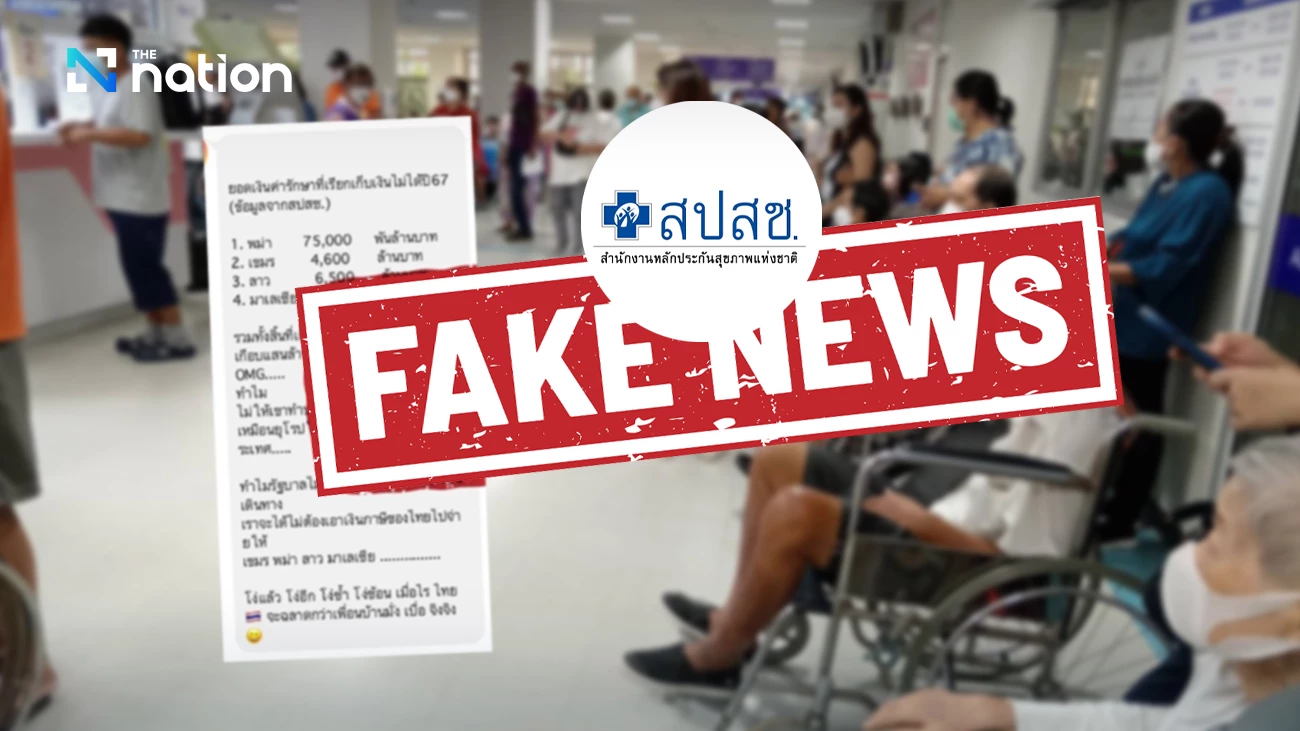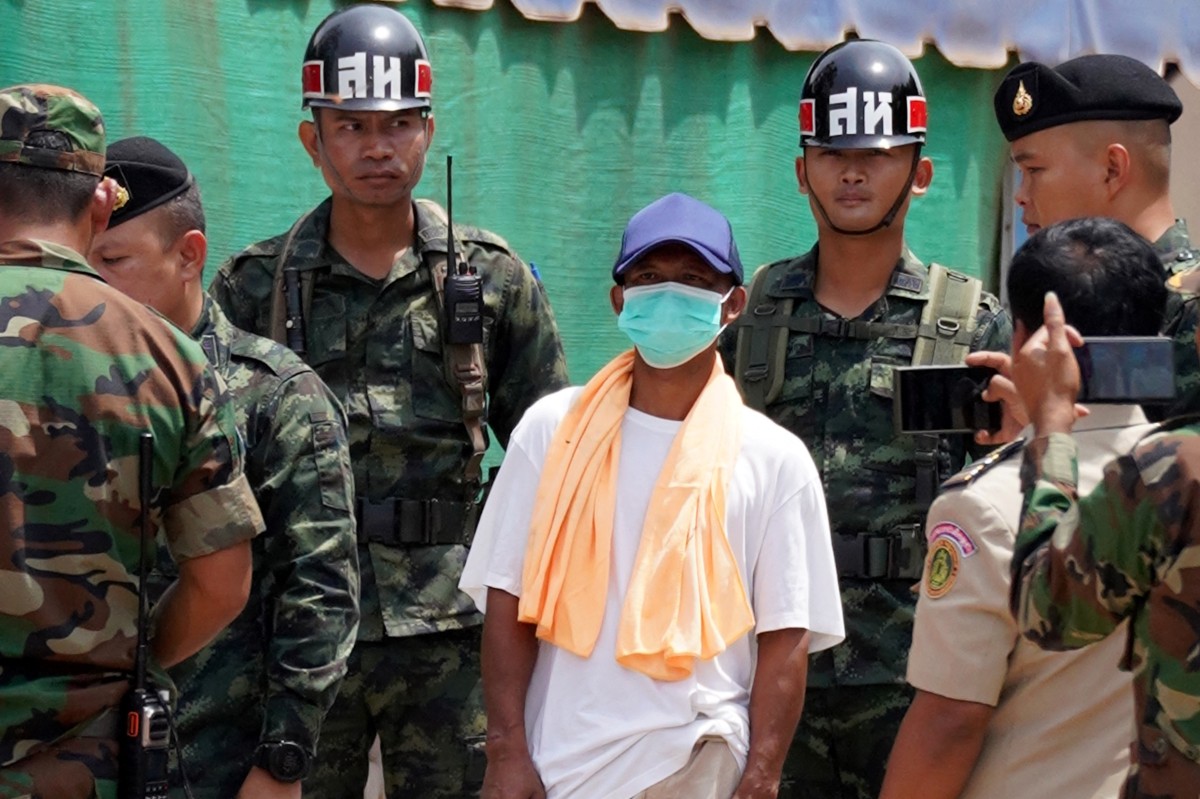Thai-Cambodian Border Crisis Escalates: Fake News, Land Disputes, and ICC Threats Ignite Diplomatic Firestorm

The relationship between Thailand and Cambodia has recently been fraught with heightened tensions surrounding their shared border, marked by diplomatic efforts, serious allegations, humanitarian concerns, and a significant amount of disinformation. Despite a 13-point ceasefire agreement signed during the General Border Committee (GBC) meeting in Malaysia on August 7, provocations and false narratives continue to impact the region, reflecting a complex and long-standing dispute.
A central point of contention emerged when Thailand’s Ministry of Foreign Affairs vehemently rejected claims, circulated on social media and attributed to Cambodia’s Minister of Information, that Thailand was planning to assassinate Cambodian leaders Hun Sen and Hun Manet. Nikorndej Balankura, Director-General of the Department of Information, unequivocally denied these accusations, branding them as "entirely unfounded" and "clearly intended to defame Thailand." The Ministry underscored that such "false news" undermines the spirit of ongoing dialogue and diplomatic efforts aimed at peaceful resolution.
Further exacerbating the situation are concerns over border security and humanitarian impact, particularly regarding the alleged use of landmines. The Royal Thai Army (RTA) is set to lead the ASEAN Interim Observation Team (IOT) to the border to monitor alleged breaches of international law and ceasefire conditions by Cambodian troops. This initiative follows earlier visits by ASEAN envoys and representatives from countries that ratified the Ottawa Convention—which bans anti-personnel mines—to Si Sa Ket province. During these visits, evidence of landmines allegedly laid by Cambodian forces was observed, and affected residents were interviewed. Thailand also plans to send video and photo evidence of Cambodia laying landmines to Geneva. Concurrently, the International Committee of the Red Cross (ICRC) has assessed the humanitarian impact of cross-border attacks on civilians in Surin, Si Sa Ket, and Ubon Ratchathani provinces, and will submit a confidential report to both nations.
The issue of alleged Cambodian encroachment on Thai soil, particularly at Ban Nong Chan village in Sa Kaeo, adds another layer to the conflict. Thai government spokesman Jirayu Houngsub asserted that Cambodians had betrayed Thai hospitality, having initially been offered temporary shelter as refugees during the civil war in 1977. Jirayu claimed that Cambodia exploited this humanitarian aid to expand settlements on Thai land, with refugees refusing to return home. Thailand has erected razor wire in the area to protect its territory from further encroachment and attacks by Cambodian troops, insisting that this measure is within Thai boundaries and complies with the GBC agreement. However, Cambodia continues to pressure Thailand to dismantle these fences, with descendants of the original refugees claiming the expanded settlements as Cambodian sovereign land and rejecting Thailand’s border demarcation claims.
Amidst these disputes, legal and diplomatic avenues are being explored. Acting Prime Minister Phumtham Wechayachai confirmed that academics might submit a proposal for the government to consider suing Cambodian Prime Minister Hun Manet and his father, Hun Sen, in the International Criminal Court (ICC) as war criminals. This follows a National Security Council (NSC) resolution to pursue criminal and civil lawsuits against them in Thai courts for casualties and property damage caused to Thais. Phumtham also met with US lawmakers who visited the region, discussing bilateral relations and regional developments. He emphasized the need for peaceful solutions rooted in truth rather than "information warfare," confirming he raised the landmine issue with the US delegation. Future talks are scheduled for September 10, underscoring ongoing efforts to resolve the complex situation.
The prevalence of false information has been a significant challenge, with the Ministry of Digital Economy and Society (DES) reporting that eight out of the top ten fake news items last week were directly related to the Thai-Cambodian border conflict. This highlights the critical need for accurate communication and a commitment to truth, which, as Acting Prime Minister Phumtham stated, is essential for resolving the deeply entrenched issues between the two nations.
You may also like...
World’s Strongest Currencies Compared to the U.S. Dollar

The Dollar may be powerful, but it’s far from the strongest. See the top currencies in the world that outshine it, and w...
World’s Strongest Currencies Compared to the U.S. Dollar

The Dollar may be powerful, but it’s far from the strongest. See the top currencies in the world that outshine it, and w...
Why Do Africans Become More African After Leaving Africa?

Why do Africans abroad suddenly embrace their roots with pride? From Afrobeats in London to Yoruba weddings in New York,...
Boxing Icon's Son in Legal Turmoil: Julio Cesar Chavez Jr. Faces Cartel Allegations & Deportation Drama!

Mexican boxer Julio César Chávez Jr. has been deported from the U.S. to Mexico, where he was immediately jailed for alle...
Super Falcons Make History: Nigeria Crowned WAFCON Champions for 10th Time in Thrilling Win!
)
Nigeria's Super Falcons made history by clinching their 10th Women's Africa Cup of Nations title with a spectacular 3-2 ...
Paolo Sorrentino's 'La Grazia' Dazzles Venice, Earns Raves

Paolo Sorrentino's latest film, 'La Grazia,' captivated the Venice Film Festival, earning a four-minute standing ovation...
KPop Demon Hunters Ignites Oscar Buzz, Captivates Audiences

The animated film "KPop Demon Hunters" has emerged as a record-breaking global phenomenon, topping Netflix viewership ch...
Naira Marley Breaks Silence: Explosive Defense in Mohbad Case Rocks Nigeria!

Naira Marley has released a documentary sharing his side of the story regarding the tragic death of his former signee, M...

